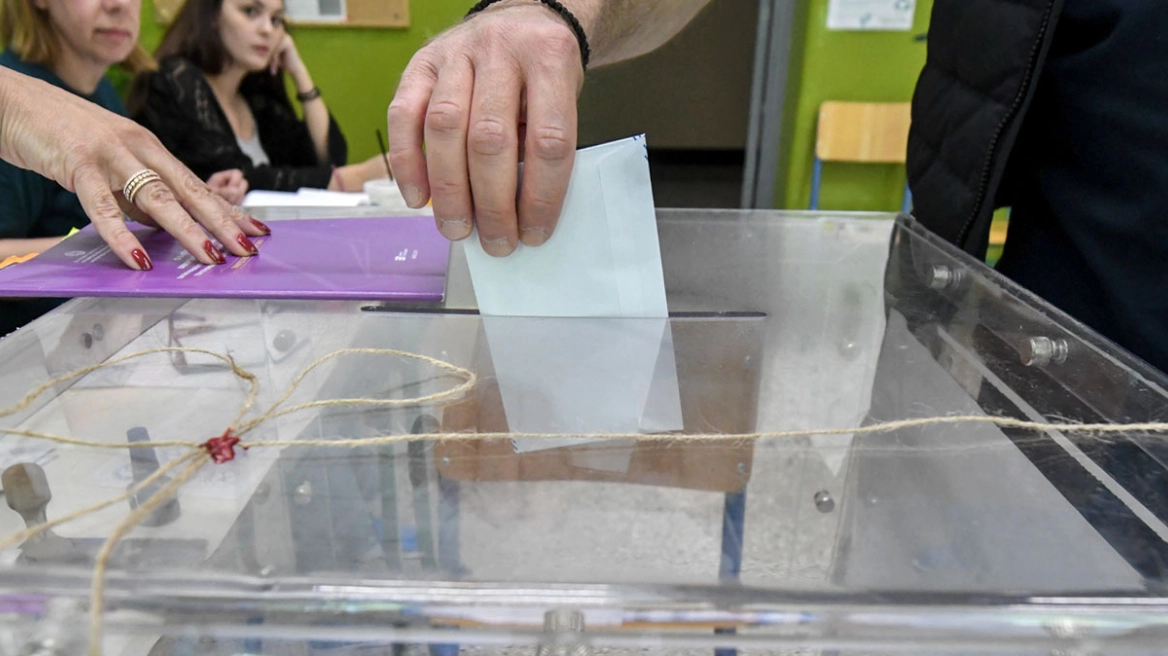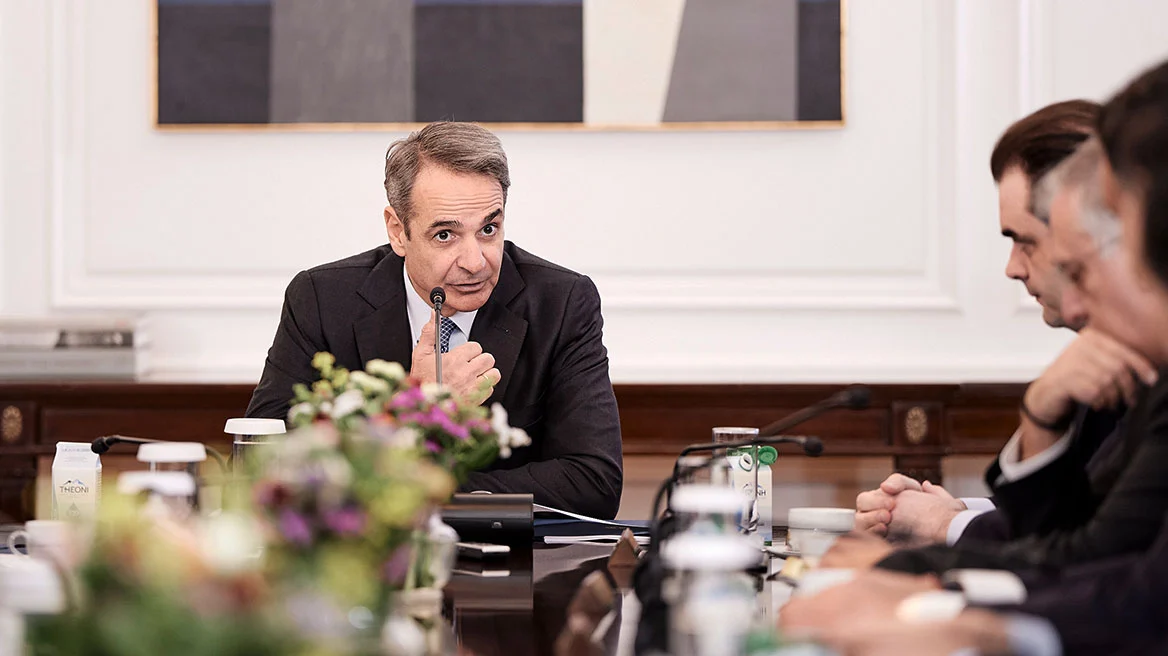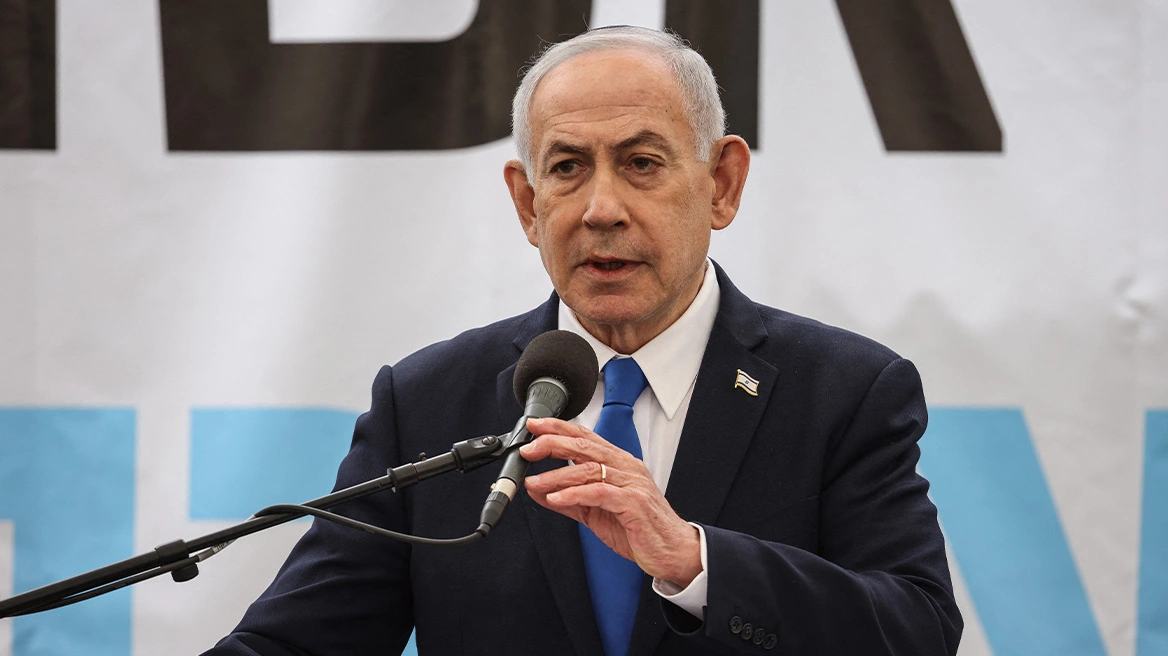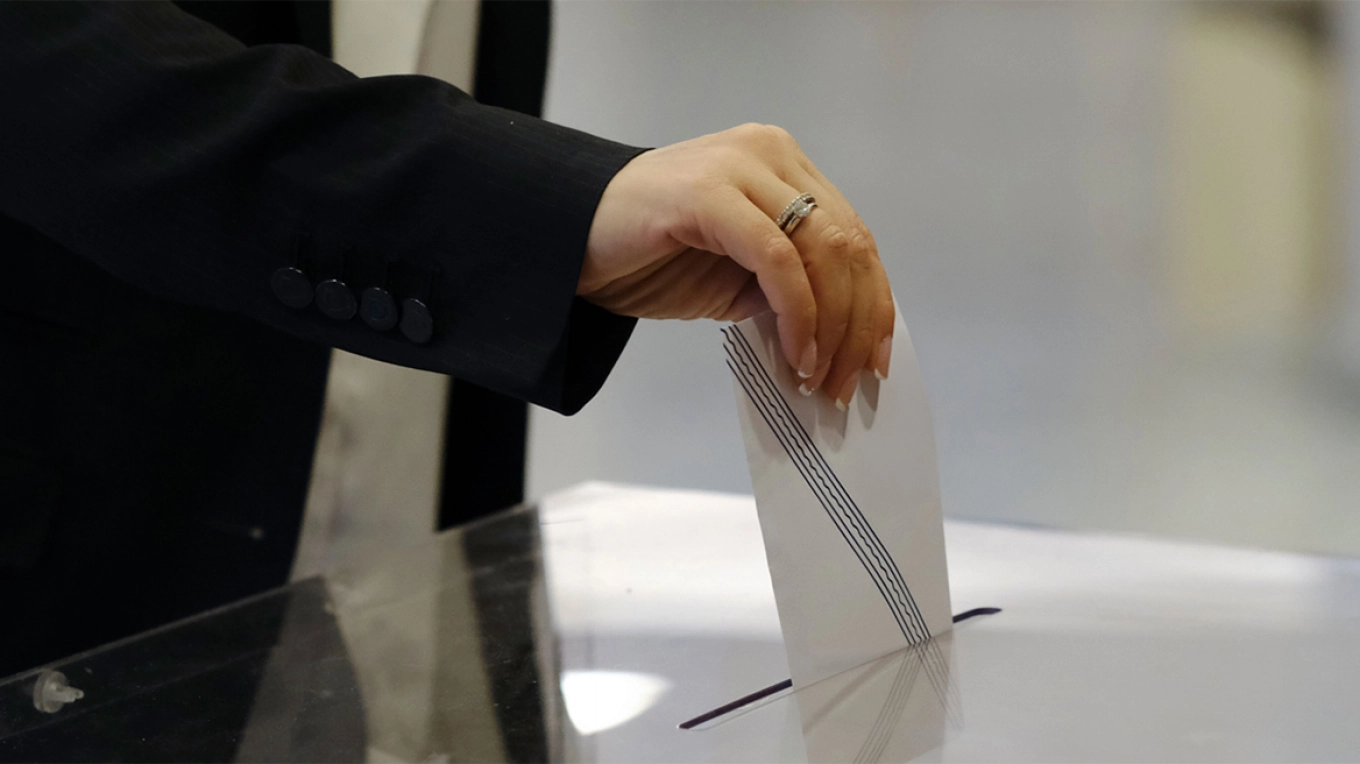In an interview with Antonis Sroiter for protothema.gr, U.S. Ambassador to Greece George Tsunis emphasized that the longstanding strong relationship between the U.S. and Greece remains unaffected by presidential transitions in the U.S. Tsunis mentioned taking immediate action and initiatives when a tense incident occurred between Greek and Turkish frigates in the Aegean.
He expressed feeling entirely safe in Greece, freely traveling around the country, and revealed plans to buy an apartment in Athens after his term as ambassador concludes.
In the interview, Tsunis also discussed the U.S. elections, his diplomatic role, expected changes in Greek-Turkish relations, and a particularly tense moment in 2022 that raised his concern over a potential crisis in Greek-Turkish relations.
While the U.S. elections are taking place, he remarked that, for him, it’s “just another workday” and noted a scheduled meeting with Greek officials, including Minister Pierrakakis, to discuss educational exchanges. He emphasized his commitment to fostering student exchanges between the U.S. and Greece as a valuable aspect of his work.
Tsunis expressed confidence in a peaceful transfer of power, regardless of the election outcome. He highlighted that under the last three U.S. presidents—Obama, Trump, and Biden—the relationship with Greece has only improved, despite these leaders being vastly different personalities.
This trend continued in Greece with leaders from different political backgrounds—Papandreou, Samaras, Tsipras, and Mitsotakis—all strengthening ties with the U.S. despite political differences. “Each of these leaders, representing three different parties, helped strengthen the relationship with the U.S.,” Tsunis stated.
Regarding U.S.-Greece relations post-election, Tsunis affirmed that the U.S. sees its partnership with Greece as strategically significant and of high interest, underscoring that “Greek-American relations are of strategic importance.”
On Greek-Turkish relations, Tsunis noted progress toward meaningful dialogue between the two nations. He recognized some resistance within Greece regarding negotiations but voiced support for diplomacy as a key diplomatic principle, asserting that current dialogue among leadership and ministries has yielded tangible benefits. He stressed that continued dialogue is widely seen as necessary.
Reflecting on past tensions, Tsunis recounted the 2022 incident in the Aegean between Greek and Turkish frigates as his most challenging moment, stating, “It was a time when diplomacy was in action, and the situation deescalated.” He highlighted the risk of military accidents in restricted zones and noted that both the Greek and Turkish governments acted responsibly to ease tensions. “The U.S. stands ready if needed, but it’s always better when Greece and Turkey engage directly in diplomacy and dialogue,” he added.
As he nears the end of his term, Tsunis shared plans to maintain ties with Greece, intending to buy an apartment in Athens and recalling fondly his days in Greece as a young boy playing soccer in his village.
Regarding investment, Tsunis sees strong interest in Greece’s real estate and tourism sectors but hopes to see more investment in research and innovation. He plans to bring Greek ministers and business leaders to Silicon Valley, stressing the benefits of fostering a startup ecosystem similar to that of the U.S. “Greeks have the educational capital they need; they are smart, educated people,” he remarked, noting that a research-driven economy can greatly contribute to Greece’s economic future.
Ask me anything
Explore related questions





